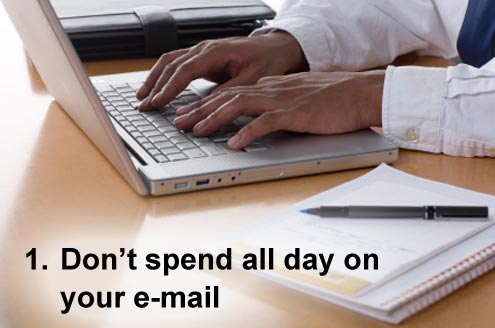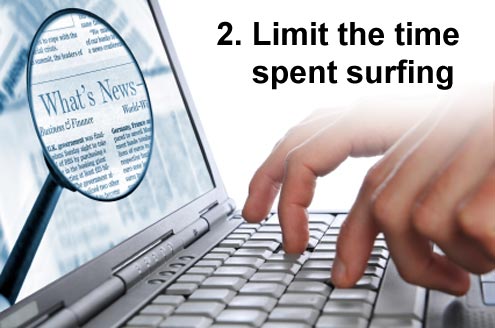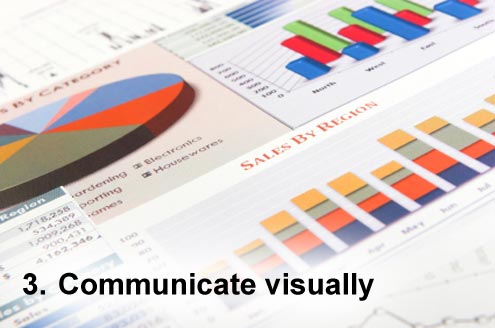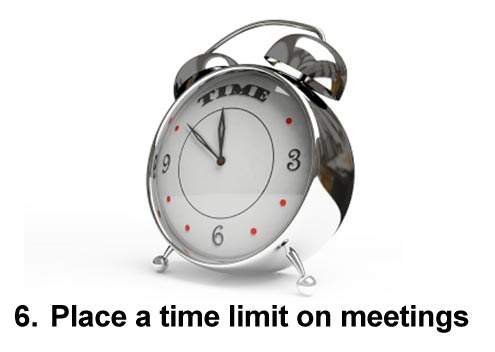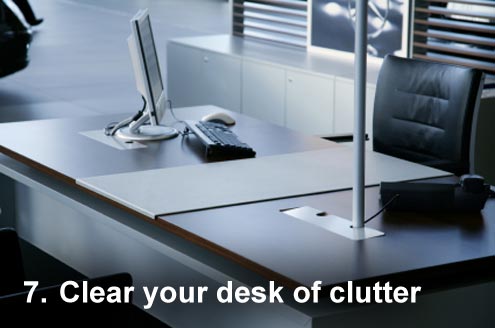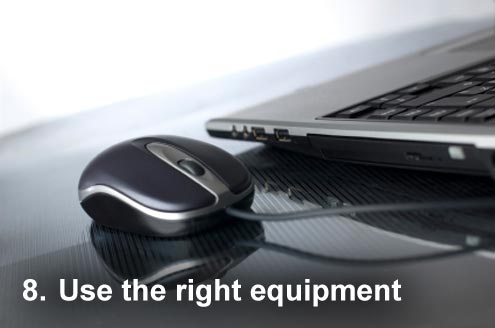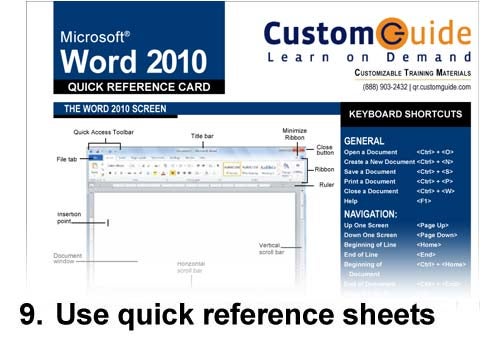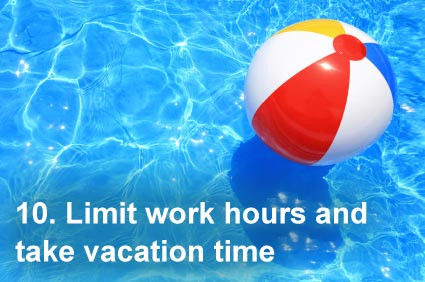As in many companies today, your organization might be lean of staff. Employees often have to juggle between multiple roles or work longer hours to keep things running smoothly. Though not mentioned often, improving personal productivity can go a long way toward getting you out of the office on time and achieving a better work-life balance.
We’ve compiled these top 10 tips from our IT Business Edge bloggers to help you increase your productivity and reduce your stress.
Click through for 10 tips to help improve your productivity while reducing your stress.
Have you ever spent an hour (or more) to finallyclear all your e-mails, only to realize that you’ve actually not done any workfor the day yet? Instead of tackling your inbox all at once, do it in sections. Hit the crucial andtime-sensitive messages first, then focus on the less critical e-mails in smallersections throughout the day. You can also prioritize and/or limit distractionsby using e-mail filtering features to sort out important messages.
Most people are not aware of how much time they spend onnon-work related Web or social media sites. To get a better idea, check out Ann All’s post on new time management services that can track and report onyour online usage.
We’ve all heard the saying ‘a picture isworth a thousand words.’ Visuals let you condense information into a form thatis both quickly digestible and shows connections and relationships. In a fast-changingworld, using visuals helps solve the information overload problem.
As each day begins, create a list of specific goals you want to accomplish. While there may be urgent matters that pre-empt your plan from time to time, overall, you’ll find yourself accomplishing more with a clearly defined path ahead of you.
Allocate time slots to make, receive andreturn phone calls, and leave desktop handsets on voice mail the rest of thetime. Allocate similar slots for drafting, sending and replying to e-mails.Exercising discipline with phone, e-mail and other communications will preventpriority tasks from being interrupted.
Meetings are organic in nature and will grow to fill the time slot allotted them. Schedule a shorter time period to conduct the meeting and stick to the agenda as closely as possible.
Documents on your desk that have not been usedfor a month can be considered clutter. Clear them off the desk and recycle them – they are clearly not needed.Stored electronically, the miscellaneous reports, presentations and memos thatoften clutter a desk are easier to file, quicker to locate, take up less spaceand require less time when searching for them.
Faulty keyboards, slow computers or other malfunctioning peripherals create a huge drain on productivity, as well as a great deal of frustration. Replace broken or malfunctioning equipment. You should also check out Paul Mah’s list of must-have gadgets.
Reference sheets with important tips and shortcuts can save computer users from a handful of hours thumbing through the instruction manual. CustomGuide, a provider of computer training and documents, has uploaded several of its reference guides to the ITBE Downloads library, including this one on Microsoft® Word 2010.
Work limits may boost productivity. We talk a lot about finding the right work-lifebalance, but hardly anyone seems to be doing it. Research has shown thatemployees who limit the number of hours they work each day, and take regularvacations, are actually more efficient and more effective than their workaholiccoworkers.



